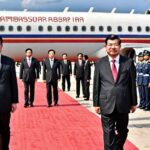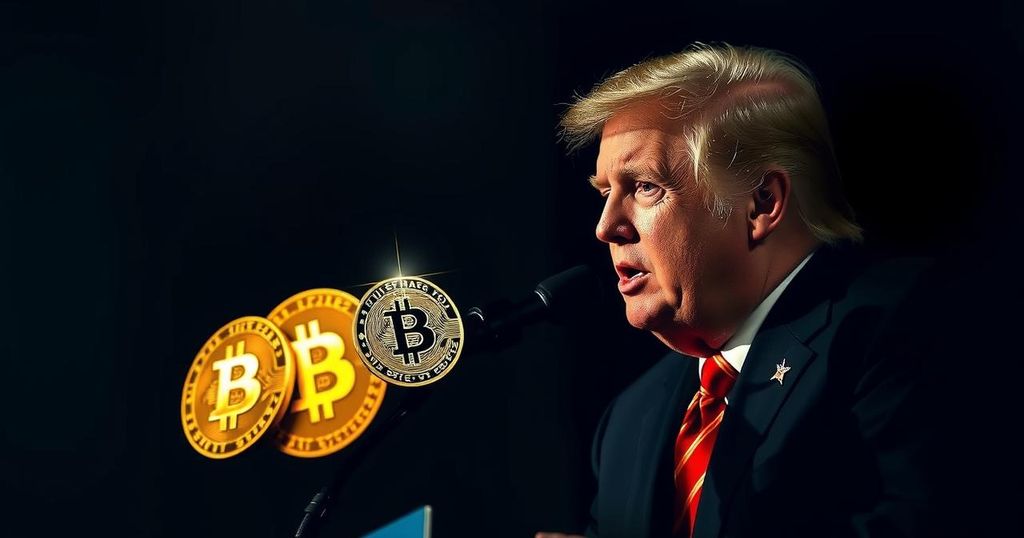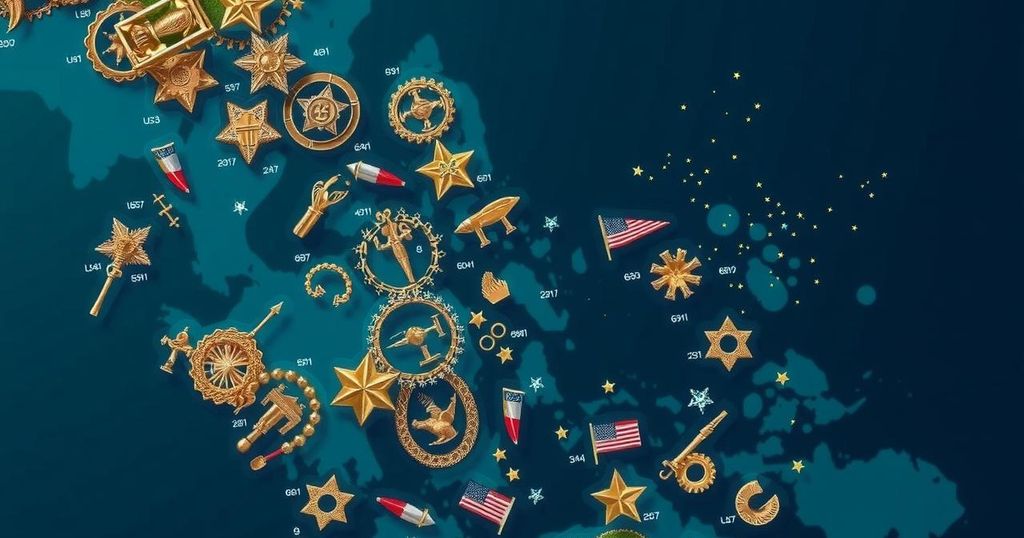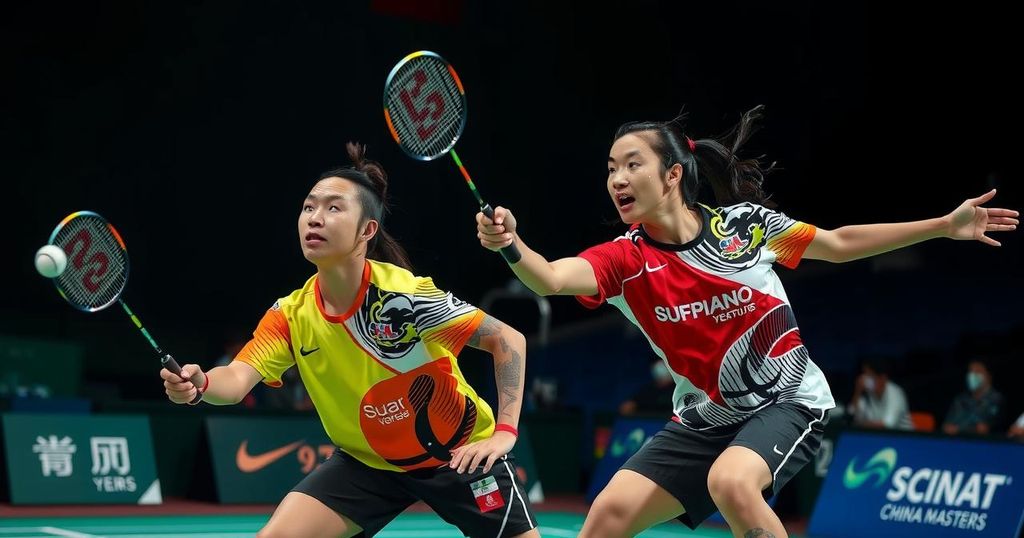The Solomon Islands’ Prime Minister in China: Navigating Pacific Politics and Security Concerns
The visit of Prime Minister Jeremiah Manele of the Solomon Islands to China epitomizes the intricate dynamics of Pacific politics and regional security. Upon his arrival in Beijing, Prime Minister Manele expressed considerable admiration for China’s rapid development, particularly during his tours of Fujian and Shandong provinces. He lauded the impressive urban landscapes of cities like Xiamen and Fuzhou and attributed much of Fujian’s transformation to the early political influence of Chinese President Xi Jinping.
Such effusive praise is not surprising, given that since the Solomon Islands’ shift in diplomatic recognition to Beijing in 2019 under Manele’s predecessor, there has been a significant investment from China in the archipelago. Although this decision has faced scrutiny from the populace, questioning the tangible benefits for ordinary citizens, Manele remains optimistic about harnessing Chinese expertise and investment to invigorate the struggling Solomon Islands economy.
Manele’s journey to Beijing follows his earlier visit to Australia, where he acknowledged Canberra’s apprehensions regarding the Solomon Islands’ burgeoning ties with China, particularly relating to security concerns. During his time in China, Manele visited establishments such as the China-Pacific Island Countries Police Training Center, raising eyebrows among foreign policy analysts and Australian officials, who remain concerned about China’s increasing influence in regional law enforcement. Australia’s Pacific Minister, Pat Conroy, has expressed firmly that China should not engage in Pacific policing, reflecting broader reservations held by Australia, New Zealand, and the United States about China’s intentions in the region.
Faced with Australian objections to the training programs, Manele characterized such initiatives as developmental rather than as security threats. He praised the professionalism of Chinese trainers and expressed a desire for ongoing cooperation, despite the minor operational role of Chinese police during significant events in the Solomon Islands.
Nevertheless, Australian officials remain hopeful that Manele will prioritize relations with Australia over China, citing his approach to securing support for the Royal Solomon Islands Police Force directly from Canberra rather than Beijing. This sentiment resonates with a strategic assessment that, despite Manele’s public overtures toward China, he may still regard Australia as a principal security ally.
However, concurrent developments warrant scrutiny. While Prime Minister Manele engaged with Chinese leaders, a meeting occurred between China’s Vice-Minister of Public Security and the Acting Prime Minister of the Solomon Islands to discuss enhanced police cooperation, indicating that Beijing’s aspirations for deeper engagement in regional security may not simply dissipate.
The situation is further complicated by the simultaneous state visit of Vanuatu’s Prime Minister Charlot Salwai to China, highlighting the collective inclination among certain Pacific leaders to express admiration for China’s development model, driven by the financial incentives they receive. Both leaders subsequently issued joint statements that mirrored China’s narratives regarding critical geopolitical issues such as the South China Sea and Taiwan, reflecting the delicate power dynamics at play.
The broader implications of these interactions underscore the challenging positioning of Pacific nations as they navigate the competing interests of major powers. As the geopolitical landscape becomes increasingly volatile, the challenge of balancing regional partnerships while securing national benefits will undoubtedly intensify. In conclusion, while Prime Minister Jeremiah Manele’s visit to China mirrors broader Pacific ambitions, it remains to be seen how these relationships will shape the region’s security landscape amidst rising strategic rivalries.








Post Comment